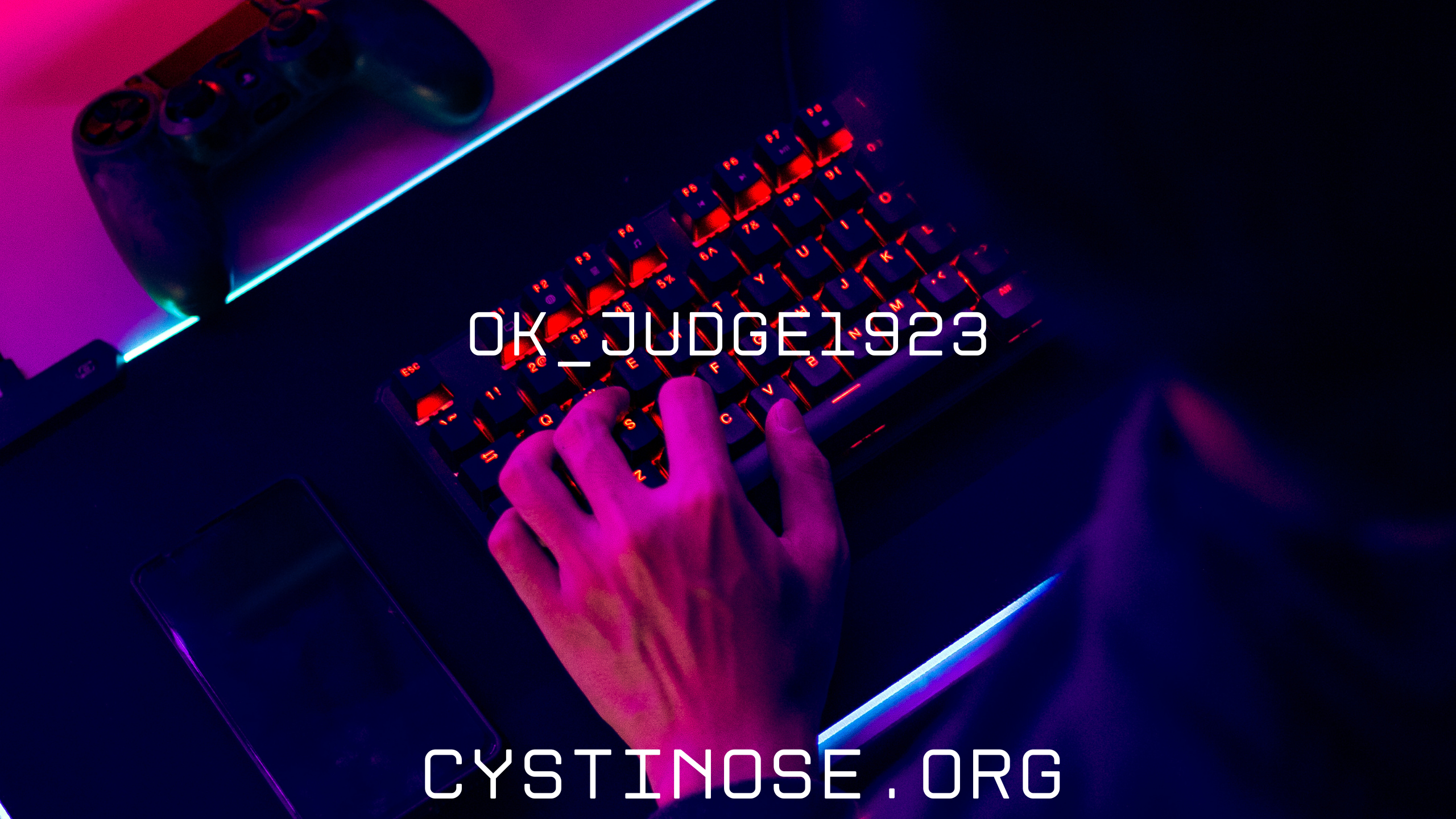The law is an incredibly fascinating field of study. It provides a way to make sure everyone in society plays by the same rules, and that those who break those rules are held accountable for their actions. We rely on the law to keep us safe, secure our rights and freedoms, maintain social order, and ensure justice is served when it needs to be. The importance of this field can’t be overstated – without it, our world would likely descend into chaos!
Studying the law isn’t just about memorizing facts or mastering legal technicalities; rather it requires deep critical thinking skills as well as creative problem-solving abilities.
The complexity of many cases means that lawyers have to think outside the box in order to come up with effective strategies for achieving desired outcomes within ethical boundaries—all while navigating a sea of changing laws that vary from state to state (and sometimes even county or municipality). It’s no wonder why so many inspiring minds choose this profession!
In addition to having strong analytical skills though, successful attorneys also need excellent communication talents—this includes verbal advocacy before judges/juries, drafting persuasive legal documents, and even having the ability to bridge gaps between opposing parties. Not only do these skills come in handy for successfully arguing cases in court but also for negotiating settlements outside of it.
In today’s world, there are countless issues that require specialized legal knowledge—including brain injury cases where individuals have suffered severe physical and/or psychological damage due to another person’s negligence or intentional harm.
When this happens it can be incredibly helpful (and sometimes necessary) to hire a brain injury lawyer who is equipped with the experience and expertise needed to properly handle such claims. In fact, doing so may be one of the most important decisions a victim makes during their entire ordeal!
How Exactly Does One’s Brain Get Injured?
You might be thinking to yourself “my brain is protected by my skull, how does it even begin to get injured?” Brain injuries can happen in a variety of ways, ranging from mild concussions to more severe traumatic brain injuries. It is important to understand the different types and causes of such injuries in order to prevent them from occurring and/or seek appropriate medical treatment should they occur.
Brain injury can be divided into two main categories—traumatic and acquired—with each having its own set of associated conditions:
- Traumatic brain injury (TBI):
- This type occurs when an outside force causes damage or disrupts normal functioning within the skull, resulting in physical symptoms like disorientation or unconsciousness as well as cognitive impairments such as memory loss. Examples include head trauma due to a fall, motor vehicle accident, sports-related incident, etc.
- Acquired brain injury (ABI):
- This type results from internal factors like disease processes (i.e., stroke) or exposure to toxins that alter the way neurons transmit signals throughout one’s body which then leads to physical/cognitive deficits similar to those observed with TBI cases but typically less severe overall than those seen after external trauma has occurred.
Regardless if it’s caused by an external force or internal factor though, all types of brain injury can lead to a wide range of effects, including issues with concentration and attention, language/speech problems, motor impairments (i.e., difficulty walking or impaired coordination), vision/hearing loss, etc. Such deficits can severely reduce the quality of life as well as limit one’s ability to work or participate in other everyday activities they once enjoyed doing.
Brain injuries are typically caused by any number of external factors such as:
- Falls:
- This is the most common cause of TBI—especially among children and older adults—and accounts for almost half of all cases annually!
- Motor Vehicle Accidents (MVA):
- These collisions usually involve some sort of blunt force trauma that affects the head area which then leads to varying degrees of brain damage depending on severity.
- Sports Injuries:
- The momentum from an athlete’s body colliding with another person(s) while playing contact sports like football or soccer puts them at risk for sustaining potential head injuries due to sudden blunt force impacts occurring during playtime etc.
- Physical Abuse/Assault:
- Intentional physical violence like punching someone in the face could result in cracked skulls and possible swelling around their brains which may lead long term neurological deficits if not treated quickly/properly.
- Explosions:
- When an explosive detonates, the shock wave that is generated can cause harm to areas of the brain leading to more serious and even fatal consequences in some cases.
Roughly 2.2 million people visit the emergency room for head-related injuries annually, with an estimated 5.3 million Americans living with a long-term disability from such traumas—making it all too clear just how important it is to understand both the types and causes of brain damage if you want to help protect yourself or a loved one from its potential effects.
What is a Brain Injury Lawyer?
Brain injury lawyers are a type of specialty within personal injury law. These attorneys specialize in representing individuals who have suffered physical and/or cognitive harm due to another person’s negligence or intentional actions.
As such, they can provide invaluable assistance to those seeking justice for their injuries—which is why it’s important to understand what a brain injury lawyer does and how they differ from other types of personal injury lawyers should you ever find yourself needing one’s services!
Personal Injury Law covers a wide range of cases that involve various forms of accidental or deliberate harm, including but not limited to the following specializations (in no particular order):
- Medical malpractice:
- This type involves medical professionals either failing—or refusing—to provide proper care resulting in an individual sustaining some form of bodily damage
- Dangerous and defective products:
- In this case manufacturers are held liable for any negative consequences resulting from their defective products
- Slip-and-fall accidents:
- When someone slips/trips due dangerous conditions on someone else’s property — typically caused by negligence — then property owners could be held responsible
- Wrongful death suits:
- If somebody dies as result another party’s negligent behavior then surviving family members may file suit against them if adequate evidence exists etc.
Brain injury attorneys are different from the types of lawyers mentioned above in that they focus specifically on cases involving head-related traumas. As such, they possess an intricate understanding of both the medical and legal sides related to these matters—which is why it’s so important for victims to seek out a brain injury lawyer if/when their case calls for one.

Here are some key ways in which a brain injury lawyer differs from other personal injuries attorneys:
- Knowledgeable about neurological science:
- Brain trauma is often difficult to diagnose and can lead varying degrees of long-term physical/cognitive deficits depending on severity; as such having someone familiar with this complex field can be invaluable when constructing a strong case against those responsible
- Experienced with medical records:
- Brain injury attorneys are also used to dealing with complicated medical evidence/documentation often presented in court as they’re familiar not just with the law but also the nuances of how such data is interpreted
- Familiarity with state laws:
- Different states have different legal statutes related to brain injury cases, so having an attorney who knows them can be beneficial for getting a better outcome from your case
- Ability to negotiate settlements:
- Finally, brain injury lawyers understand both sides of these types of cases and can use this knowledge when negotiating settlements outside of court—which could help avoid costly litigation fees down-the-road.
So, this might beg the question “Do you need to be a specialist to take up these kinds of cases?” and the answer is a resounding no, but it certainly is helpful to have someone with a specialized understanding of the specific circumstances associated with your particular case when seeking justice. Brain injury lawyers possess this knowledge and can provide you invaluable assistance in making sure that those responsible are held accountable for their actions.
If you need to hire a brain injury lawyer, you should at least make sure that there is a specialist that works at the firm before signing anything. If not a specialist, a generalist with a lot of experience with brain injury cases is still better than one with no experience.
Finding the Perfect Lawyer
There are many kinds of lawyers in the world, and selecting the right one for the job is going to be important. You generally wouldn’t want a real estate attorney handling your criminal defense, unless they’re just that good, so the same logic applies when selecting a brain injury lawyer.
When looking for such an attorney, it’s important to consider things like their experience with similar cases as well as their track record in court. You should also ask them about any additional certifications/accreditations that they may have obtained related to this area of law—as these can help set one lawyer apart from another and give you additional confidence going forward with your case.
Additionally, make sure to review any potential fees upfront before signing anything so there are no surprises down-the-line! Ultimately though, the most important thing is feeling comfortable and confident working with someone who has your best interests at heart—so take all necessary steps needed in order to find the right person for job!




.svg)


